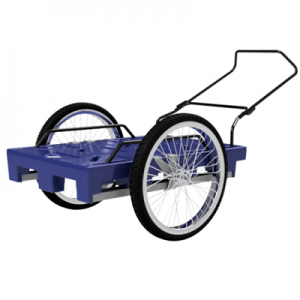
Agriculture
June 23, 2024
AguaPallet
Read SolutionImplemented by
LoooP Creative Ltd
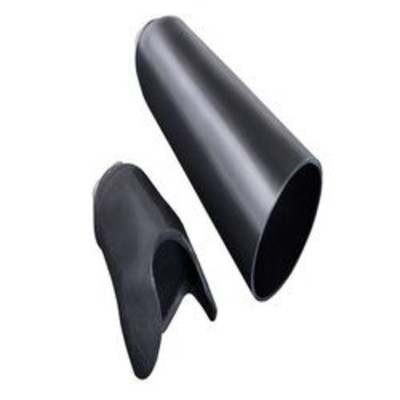
Updated on January 31, 2024
·Created on September 10, 2021
A moldable prosthetic socket
Amparo’s Confidence Socket is a moldable prosthetic socket that allows prosthetists to reshape multiple times to fit a wearer’s residual limbs as they naturally change shape.
Target SDGs
SDG 3: Good Health and Well-Being
Market Suggested Retail Price
$765.00
Target Users (Target Impact Group)
Household
Distributors / Implementing Organizations
It is distributed by Amparo directly and other partners like AT2030 Network, Global Disability Innovation Hub, Ottobock, and Amparo Access in a non-profit model.
Competitive Landscape
Direct competitors include AT-Knee and Jaipur Foot.
Regions
Africa, Europe, Latin America
Countries
Brazil, Germany, Kenya, South Africa, United Kingdom
Manufacturing/Building Method
Confidence Sockets are mass-produced in Berlin by Amparo and other empowered workshops in Kenya and South Africa. In a local process, the technician takes a negative plaster casting of the patient’s residual limb. Next, a positive model is created and modified to create a functional shape for bearing the patient’s weight. Then, a sheet of plastic is heated and draped over the positive model, and, using a vacuum system, the plastic is made to conform to the plaster shape. Finally, the attachment point for the rest of the prosthesis is connected and the rough edges are smoothed.
Intellectural Property Type
Trademark
User Provision Model
Users can acquire Confidence Sockets from Amparo.world store, AT2030 Network and Global Disability Innovation Hub, Ottobock, and Amparo Access in a non-profit model.
Distributions to Date Status
As of 2021, 2000+ pieces have been distributed around Europe, Africa, and Brazil, with majority of the distribution taking place in Germany.
Craftsmanship required
Yes
Patient satisfaction
Yes
Patient compliance
Yes. It was tested and validated
Comfort
Comfortable and moldable
Materials
Bioplastic polyester
Water resistant (yes/no)
Yes
Amputation level
Below the knee
Weight (kg)
200 – 800 g
Design Specifications
Confidence Socket is a moldable prosthetic socket that allows prosthetists to reshape multiple times to fit a wearer's residual limbs as they naturally change shape. In the make, it is a unique bioplastic polyester with a very low melting point, high melt viscosity, and high strength and stiffness at usage temperatures. The product was specially designed to be directly molded to the patient’s anatomy for creating final prostheses with ease. The Amparo Confidence Socket is only suitable for patients with transtibial amputations.
The manual contains more specific information.
It is not suitable for patients with:
Technical Support
Provided by manufacturer and partners like AT2030 through training workshops and exhibitions. This has been described as one key aspect to penetrating both the home and international markets. Further information can be found in the user manual provided and the user infocard. Ottobock professionals and Amparo also prepared a Step-by-Step tutorial.
Replacement Components
Replaceable components include: shuttle lock, valve, and pin lock-toothed.
Lifecycle
The Confidence Socket can be remolded up to 10 times before replacement.
Manufacturer Specified Performance Parameters
Amparo's aim was to create lower-limb sockets which are easy to fit, remoldable, and cost-effective long term. Providing confidence to restart a quality life for amputees across the world was the driving force to creating the Confidence Socket.
Vetted Performance Status
Amparo GmbH in collaboration with AT2030 Network and GDI Hub conducted a clinical trial for the confidence socket in Kenya at AIC CURE International Hospital Kenya (Kijabe, Kenya) and Association for the Physically Disabled of Kenya (APDK) (Mombasa, Kenya). Below-knee amputees aged 18 years and above were recruited for 6 months starting July 8th, 2019, and the clinical trial was completed on November 3oth, 2020. The findings have neither been entered into the National Institute of Health Clinical Trial registry nor been published in peer-reviewed journals since this research has just been completed.
Safety
The product's molding temperature is between 60-70?C but the insulation of a silicone liner between the plastic and limb ensures safe temperatures for the patient. The same process is currently used in several workshops in Europe and with approximately 50 patients currently using the product. In general, it has been shown to be safe and effective in creating below-knee prostheses. To ensure the safety of this product, Amparo GmbH conducted certified clinical trials.
Complementary Technical Systems
None
Academic Research and References
Williams, R., Oldfrey, B., and Holloway, C., 2020, “An AT Innovator case study: Amparo,” AT2030 Innovation Insights.
Ottobock. “Manual – Confidence Socket“, 2020.
Amparo. “Amparo Confidence Socket – Step-by-Step Tutorial.” YouTube, 2020.
National Institutes of Health. “Using Direct Molding Socket Technology for Trans-Tibial Prosthesis in Developing Regions.” Clinical trials, 2020.
Compliance with regulations
None
Evaluation methods
During the clinical trial in Kenya, the Amparo team measured Trinity Amputation and Prosthesis Scale (TAPES), Amputee Mobility Predictor, and the L-test on 27 participants with below-knee amputation.
Other Information
Started by students in 2014 as a University project, the team sought a unique approach to conduct a needs assessment in LMICs, particularly South Africa, and later evolved into a limited liability company Amparo. Amparo pivoted to establish a sustainable business in their home location of Germany (Berlin) first and later re-enter the LMIC market. To date, their leading product Confidence Socket is at the commercial level and they have penetrated several markets including; Germany, South Africa, Brazil, Kenya, United Kingdom, and Europe. For the LMIC’s, a non-profit called Amparo Access has been launched to improve access to their flagship product the confidence socket.

Agriculture
June 23, 2024
Implemented by
LoooP Creative Ltd
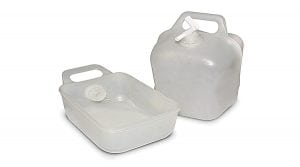
Agriculture
January 10, 2024
Implemented by
NRSRelief
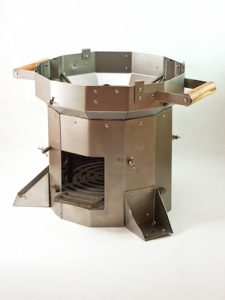
Agriculture
December 31, 2023
Implemented by
Potential Energy

Agriculture
June 22, 2024
Implemented by
World Bicycle Relief

Agriculture
June 6, 2024
Implemented by
Hello Doctor
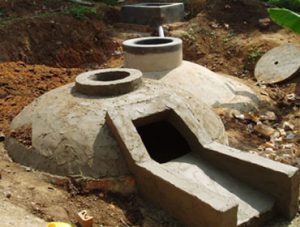
Agriculture
December 19, 2024
Implemented by
Green Heat
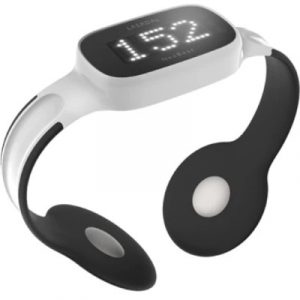
Agriculture
March 9, 2024
Implemented by
Laerdal Global Health
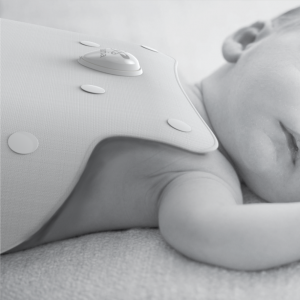
Agriculture
March 8, 2024
Implemented by
Bloom Standard
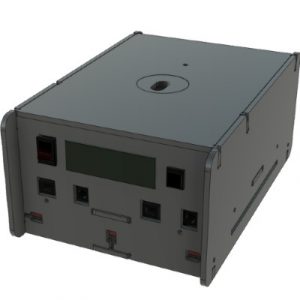
Agriculture
March 8, 2024
Implemented by
Karolinska Institutet
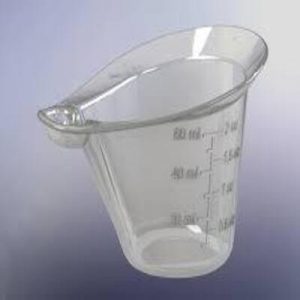
Agriculture
December 19, 2023
Implemented by
Laerdal Global Health
Have thoughts on how we can improve?
Give Us Feedback